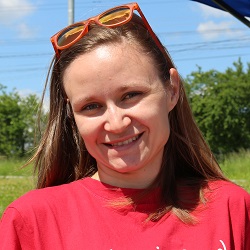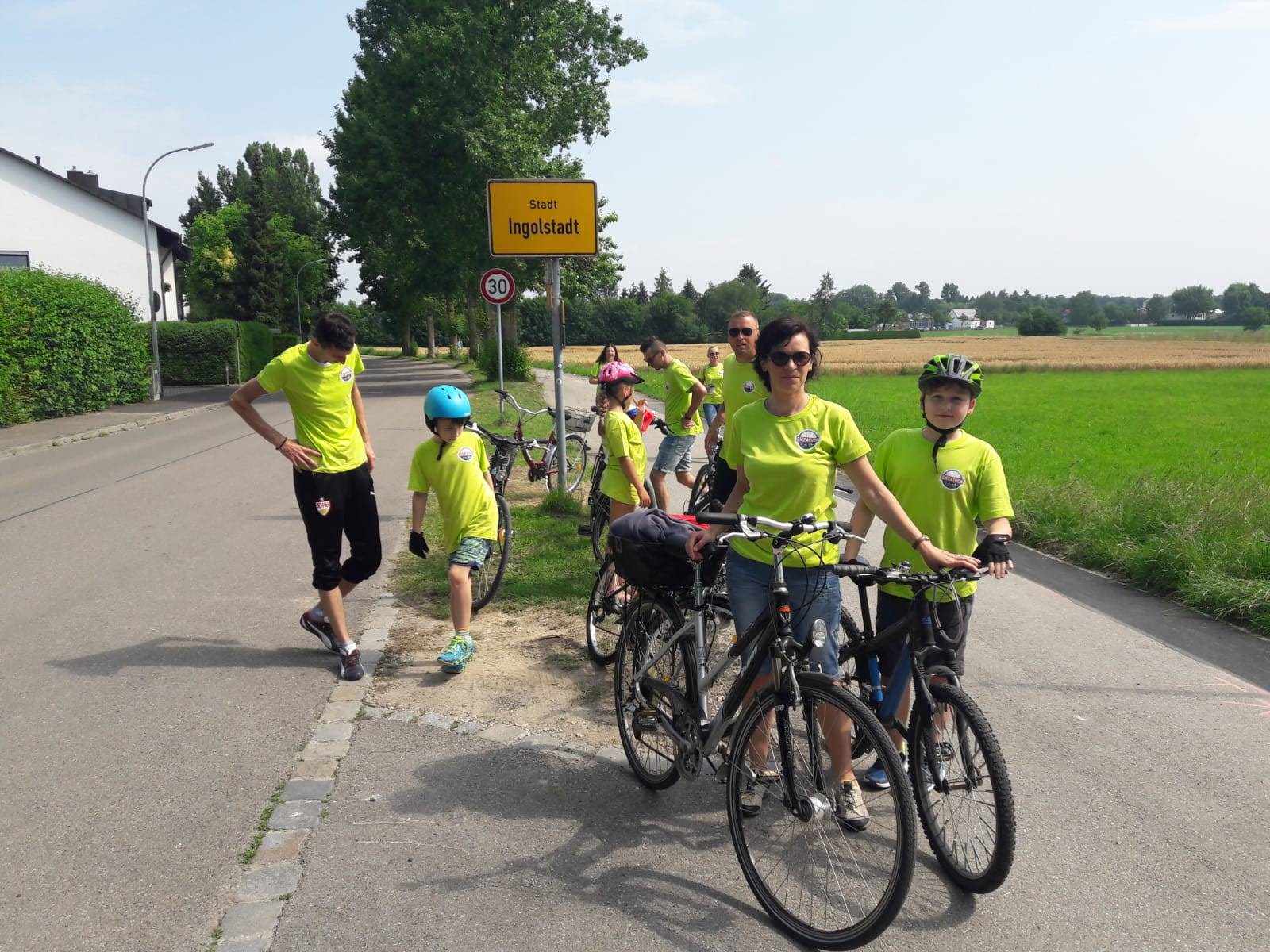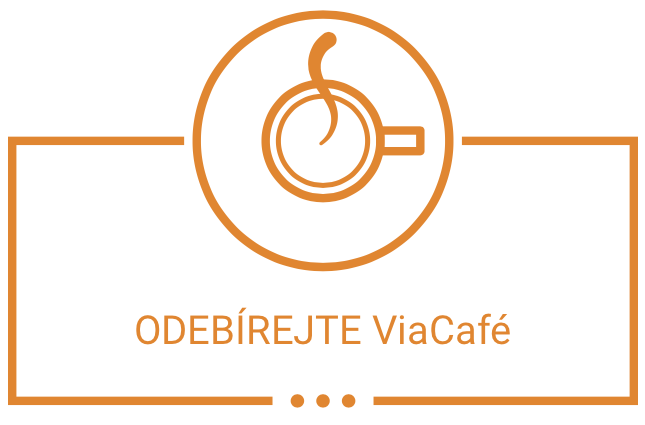The concept of community foundations is well known in Romania for many years. Emilia Ciurchea, Alumni of our international program ViabilityNet 3.0, is sharing her experience from the work in Tara Fagarasului Community Foundation in Romania.

I was already involved in community projects before I went to the US, not in Fagaras, but in a much bigger city. We returned to Fagaras because of the family and to raise kids. After coming back from the US, I started to volunteer again as a teacher. For example, I taught English classes – classes that my kids could also take so it was mutually beneficial. Then I applied for a grant from a fund run by the Tara Fagarasului Community Foundation called Mr. Science, a program focused on education in the exact sciences. We worked closely with the foundation on the development of this program and after it was finished, I was offered a job by the foundation and I started working there.
The foundation you work for, Tara Fagarasului, is a community foundation. Could you just briefly explain the concept of community foundations and how they operate?
Community foundations in Romania are a mechanism of civic involvement. They design programs, funds or other projects, taking into consideration both the needs and resources available in the community. They try to find resource people – people who can help develop the programs – and people who can donate and support the programs, especially local companies. Most of the projects are responses to community needs. For example, the Mr. Science program was a response to the fact that in Romania, exact sciences are taught in a theoretical way, without practical experience. So that is probably the best definition of community foundations: putting together the needs of the community with the resources available in that community.
What activities and projects does your foundation run?
We are a platform through which people can get involved via volunteering or donations. For example, we have a mechanism called Bikeathon. We organise a public event, basically a competition, during which people cycle for a certain cause in this area. This is our biggest fundraising mechanism – and it doesn’t just raise money, it also raises awareness in the community, brings to light the problems and what we can do to solve them.
We also have a Youth Bank where students, usually high-school students, form teams and design projects. The program gives the students opportunities to develop personally and gain experience in civic involvement. They raise funds for the student-designed projects and local companies usually match what they raise at the end of the fundraising drive. It’s not a ton of money but they are able to fund about 20 projects with donations of about $500-1000 per project.
Then there is the Mr. Science program mentioned earlier and also a project focusing on the diaspora (which was part of Via Foundation’s ViabilityNet program), whose objective is to engage our regional diaspora in their home community.
What changes in your community do you want to achieve?

Each of our programs has a particular objective.
With the Bikeathon, our biggest program, we want to see people coming to the events, and aside from that we also want them to realise the events are about civic involvement. Most of them see it only as a contest, cycling or training, and they don’t understand it’s a platform through which people can get involved. It’s hard for them to see it’s not just about cycling.
With the Youth Bank, we want to encourage civic involvement, entrepreneurship and volunteering among young people. But what we’d like to see first is a move away from discrimination (against each other) towards inclusivity. The most important thing is to encourage them to accept each other more.
The most recent objective of the diaspora project is to find the right mechanisms of engagement. During the project, we realised that one of the ways to engage the diaspora in a practical way was to have them organise a Bikeathon not here in Romania, but in their country of residence. One was organised in Ingolstadt, Germany. As a response, we finished a Bikeathon organising kit for people living in other countries.
Regarding the Mr. Science program, we can see it is already changing the way teachers think and their teaching methods. Students also realize that learning is not just about looking at the teacher and writing things down but also about experiencing and understanding how things work. The challenge is to see these changes in a rural area. Fagaras is a small but urbanized city, the villages around are not so easy to reach and the projects need to be adapted to rural conditions. For example, many of them don’t have an Internet connection and teachers are often self-conscious about bringing in a new project.
What difficulties do you encounter in your work and how do you tackle them?
Communication in general – making people understand what we do. Right now we’re trying to design a communication strategy for one of the projects to see how it could be done better.
For example, we realised that two of our most engaging Facebook posts were one with a photo of us as a team and another with a cat in front of our foundation. I think we’re just afraid of exposing ourselves and we’re trying to be professional, which is something people see enough of in public authorities. We realised the locals want to see us more as people motivated to work for the community, see more of who we really are. With this communication strategy, we’re trying to learn how to communicate this better.
Are there any recent achievements or projects at your foundation you are proud of?
For example, the diaspora project – we just finished a study in partnership with the Research Institute in Fagaras. The main idea behind it was to understand the diaspora, which is really important. We don’t want to bring people back; we want to show them they can still be involved here, in their home country, especially since their families are still here.
Another one is our Youth Bank Academy, which was created for students who wanted to be a part of a Youth Bank team but weren’t selected. We didn’t want to lose them and their ideas so we developed a training program for them. It was a cool experience, being with young people in learning camps. I was really excited that they learned about social enterprise – that if they see a need in the community, they can develop their own enterprise to address the need.
What projects or activities are you planning in the future?
We want to focus on the projects we are already doing and do them better, in concrete ways and with logical steps and planning.
For example, take Bikeathon – it’s quite hard for us to organise the event and everything connected to it. It’s not just about fundraising but also things like getting the bike tracks ready, letting the volunteers know what they should be doing, making sure the police and the ambulance are present at the event and so on. We’re trying to find a sports club to help with all that because organising a sports contest is not what we should be doing. We should concentrate on raising the money, getting people to donate and participate, not on organising everything.
So we want to focus on all the things we’re doing but in a more rational way and delegate certain activities we shouldn’t necessarily be doing to other groups.



